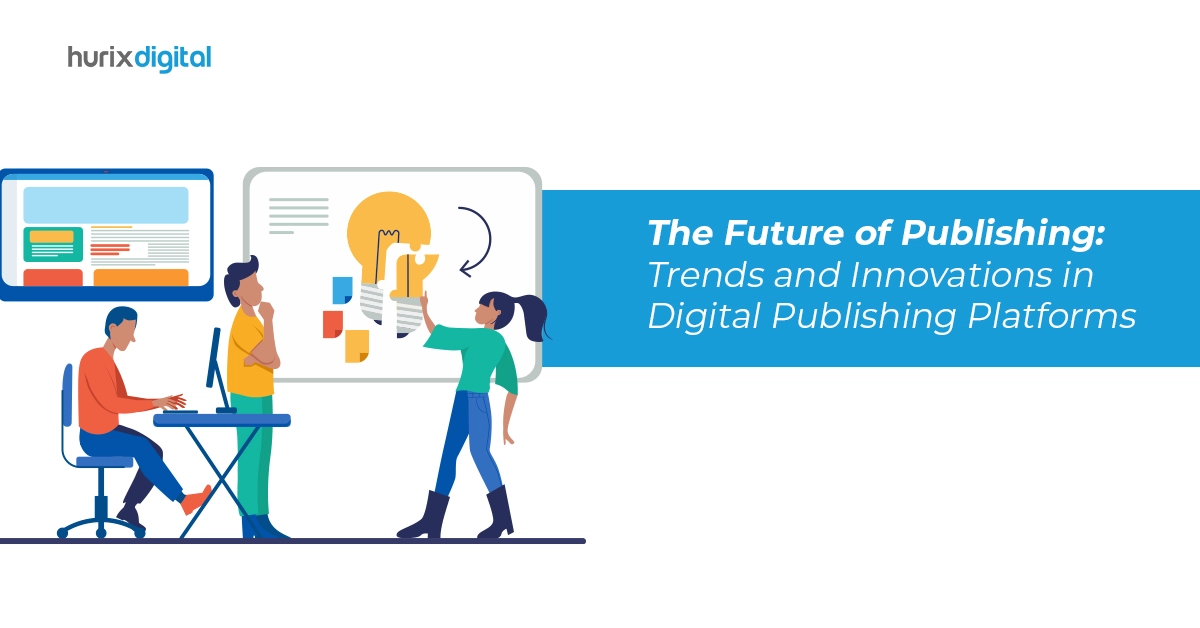
Future Trends in Hybrid App Development: Emerging Technologies and Innovations
Summary
Explore future trends and innovations in hybrid app development. This blog highlights emerging technologies that are shaping the future of hybrid mobile applications.
In the realm of technology, hybrid app development is quite trending. It allows hybrid apps to be built quickly without huge expenses. With hybrid app development, there is no requirement to develop an app from scratch. In comparison with native apps, hybrid apps are not that popular.
These apps offer excellent features and versatility and provide a cost-effective solution for quick app development. Additionally, they bring together the best of both worlds, combining the efficiency of web technologies with the performance and capabilities of native applications.
In this post, we’ll take you through the key trends and innovations defining the future of hybrid app development. Let’s dive in!
Table of Contents:
What Do Hybrid Apps Refer To?
Hybrid app development focuses on building a single app that is compatible with all mobile platforms, including iOS, Android, and Windows. Unlike native apps, hybrid apps use a single code base for all operating systems.
To build a native iOS application, the developer needs to use Swift or Objective-C. For Android OS, the developer needs to use Java or Kotlin. But to build a hybrid app, developers use a single code base made by using Flutter, React Native, or Xamarin.
The demand for hybrid apps is increasing due to various factors, like rapid development, cross-platform frameworks, and many more. In addition, hybrid apps leverage web technologies such as HTML, CSS, and JavaScript. This combination of web technologies allows developers to create a single codebase that can be deployed across multiple platforms, providing a cost-effective and efficient solution for app development.
Also Read: 7 Key Steps to Successful Mobile App Development Process
5 Future Trends in Hybrid App Development
The future trends of hybrid app development show the outcome of various app development initiatives. These apps not only enhance the overall user experience but also adapt to changing technological landscapes.
Here’s a snapshot of the future trends in hybrid app development that are poised to shape the industry:
1. Artificial Intelligence and Machine Learning
AI leads you on a transformative journey into the future. In the sector of mobile app development, AI ensures convenient user experiences.
Both machine learning and AI empower hybrid apps to understand users. Therefore, AI-enabled mobile apps respond to user commands and recognize users’ emotions as well. Many significant companies have utilized AI to enhance the user experience and lead to a vast increase in revenue.
The services of professional AI and machine learning development companies help introduce innovative features like chatbots and personalized product recommendations.
Mobile apps also utilize AI to incorporate facial recognition features that ensure improved security and realistic animations as well. Besides, AI and ML make mobile apps more responsive to users’ emotions and intentions.
The biggest advantage of using AI and machine learning in hybrid app development is that you can dive deeper into users’ data. It helps to understand customer behavior and make data-driven decisions.
2. Use of Biometrics for Improved Security
With the growth of cyberattacks, the demand for improved mobile security is vital. Advanced biometrics technology is a hallmark of smartphones presently.
Almost all modern smartphones use biometrics like face detection, fingerprint detection, and voice interface integration. Some smartphones even come with the features of whole-hand scanning and iris scanning. These security features not only secure the device but also the mobile applications.
However, biometrics can’t provide 100% protection against cyberattacks. In such cases, developers can enforce more than one biometric method.
3. Augmented Reality and Virtual Reality
The next generation of hybrid apps relies on engaging and immersive user experiences. Hence, the future of mobile apps will revolve around the expansion of augmented reality (AR) and virtual reality (VR). These two technologies will completely transform the digital experience.
Besides serving notable improvements in interior design, AR and VR have made a significant impact on social networks as well. These technologies will present new possibilities for transformative changes in various industries like travel, e-commerce, education, and entertainment. Hence, you can consider these the top hybrid app development trends for the upcoming years.
For their excellent outcomes, significant companies like Meta, Apple, and Google are adopting AR and VR technologies in different use cases. The impact of AR and VR on hybrid app development will focus on the use of edge computing. It will result in faster data processing. Adopting AR and VR technology in hybrid app development can open new avenues for incorporating extended reality (XR) in mobile apps.
4. The Internet of Things (IoT)
The mobile app development industry will get great benefits from IOT technology. The Internet of Things (IoT) technology focuses on networks of computers that help businesses and consumers achieve goals. A mobile network tied into IOT provides users with valuable information about the system and its components.
Manufacturing industries can use IoT-based hybrid apps to provide engineers with real-time information regarding various machines and product maintenance templates. Besides, the retail industry takes advantage of IOT to track products with beacons, forecast times of high demand, and analyze store foot traffic.
5. Better Engagement with SuperApps
The rise of new trends in progressive web apps (PWAs) draws attention towards super apps. You must have heard of WeChat, as it is one of the best super apps. This app not only allows users to message but also offers many other functionalities. Through this app, you can play games, book a taxi, process payments, and publish bills.
This progressive app will surely dominate the hybrid app development landscape, as it presents a holistic and multitasking approach to user engagement.
Also Read: The Ultimate Guide to Choosing the Right Hybrid Mobile App Framework for Your Project!
Final Words
Hybrid app development depends on innovative methodologies and emerging technologies. With the evolving digital landscape, hybrid apps will adapt to effective and promising trends. This way, it will create a more diverse and dynamic mobile ecosystem.
Team up with Hurix Digital to achieve your desired business goal in 2024. We ensure the best solutions with the help of modern design principles and the latest technologies.
Connect with our experts for more details!

Currently serving as the Vice President of Technology Delivery Operations at HurixDigital, a prominent global provider of digital content and technology solutions for publishers, corporations, and educational institutions. With over 16 years of experience spanning EdTech and various domains, I hold certification as a SCRUM Product Owner (CSPO). My expertise includes operations, finance, and adept people management skills.








